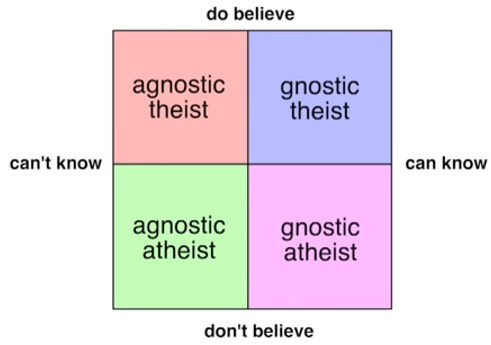I run an annual survey, and we’re always asking about sexual identity. We include some options that are more obscure than most people are used to.
Something I occasionally hear in feedback, is people saying it takes a long time to answer, because they have to look up identity labels that were unfamiliar with. Or people will say they’re not sure they identify with a term, because they don’t know what it means.
I have to admit, I find this response baffling. If there is a word that you do not recognize, then we can say with 100% certainty that you do not identify with the word. How could you?
[Read more…]

